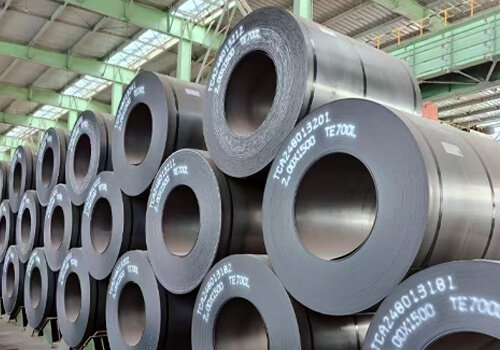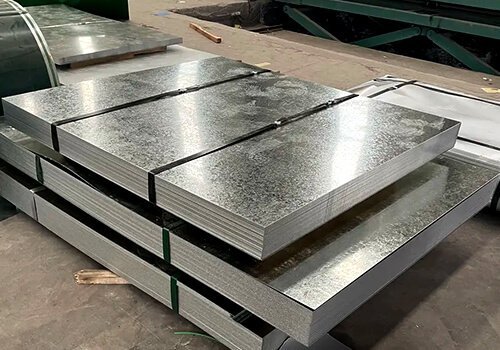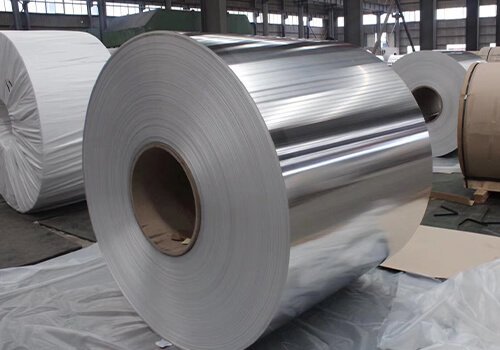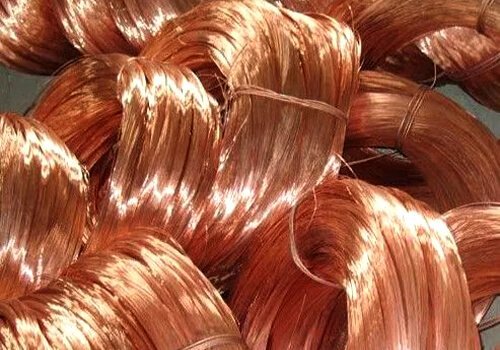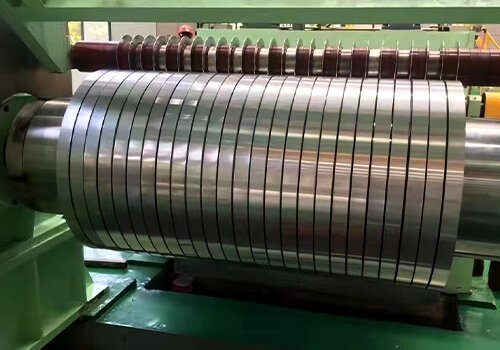Rust and low-quality steel cause costly problems. The best zinc coated steel coil ensures strength, resistencia a la corrosión, and long-term value for demanding applications.
How to choose the best zinc coated steel coil for your project? The best zinc coated steel coil provides exceptional zinc coated steel corrosion resistance, a uniform protective layer, and a long service life. Always choose certified products from reputable suppliers to guarantee durability, weldability, and overall cost efficiency for construction, fabricación, and infrastructure projects.
Let’s explore the key details, comparisons, and expert tips for selecting your best zinc coated steel coil.

What Is a Zinc Coated Steel Coil?
A zinc coated steel coil is standard steel sheet or strip coated with a layer of zinc. This coating, applied through specific manufacturing processes, acts as a physical and electrochemical barrier, protecting steel from rust and oxidation.
It is widely used because it offers the durability of steel with added protection. The coating shields the steel from environmental damage such as rain, humidity, and chemical exposure, making it essential in outdoor or harsh industrial conditions.
The two most common coating methods are:
- Hot-dip galvanizing—The steel passes through molten zinc, creating a thick, tightly bonded coating. This method is highly durable and ideal for construction beams, techumbre, and heavy-duty storage tanks.
- Electro-galvanizing—Zinc is applied via electric current in a controlled environment. The coating is thinner but smoother, making it suitable for automotive panels, household appliances, and decorative applications.
When you see a zinc coil in the market, knowing its coating method helps you match it to the correct application.
How to Tell if Metal Is Zinc Coated?
Identifying zinc coating is important, especially if you are buying in bulk. Zinc coated steel coil often has a slightly matte or spangled surface, though this appearance varies depending on coating method.
A quick method is to perform a drop test using copper sulfate solution. Zinc reacts by changing color, while bare steel does not. For industrial buyers, the most accurate verification involves:
- X-ray fluorescence (XRF) testing—provides exact coating composition.
- Coating thickness gauges—Measures zinc layer thickness in microns to ensure compliance with ASTM or ISO standards.
For high-value orders like zinc coated steel rod or coils, always request official mill test certificates (MTC) to confirm the material’s authenticity and quality.
Why Is Zinc Coating Important for Steel Coils?
Steel is inherently strong but highly vulnerable to corrosion when exposed to moisture, oxygen, or chemicals. Corrosion not only reduces appearance but also weakens load-bearing capacity.
A zinc layer offers two forms of protection:
- Barrier protection—Prevents moisture and air from reaching the steel surface.
- Sacrificial protection—Zinc corrodes preferentially, protecting steel from damage even if the coating is scratched.
Zinc coated steel corrosion resistance is especially valuable in:
- Coastal construction, where salt spray accelerates rust.
- Industrial plants with high sulfur or acid emissions.
- Rural agricultural structures exposed to fertilizers and moisture.
Without zinc coating, the lifespan of steel products could drop by decades in these environments.
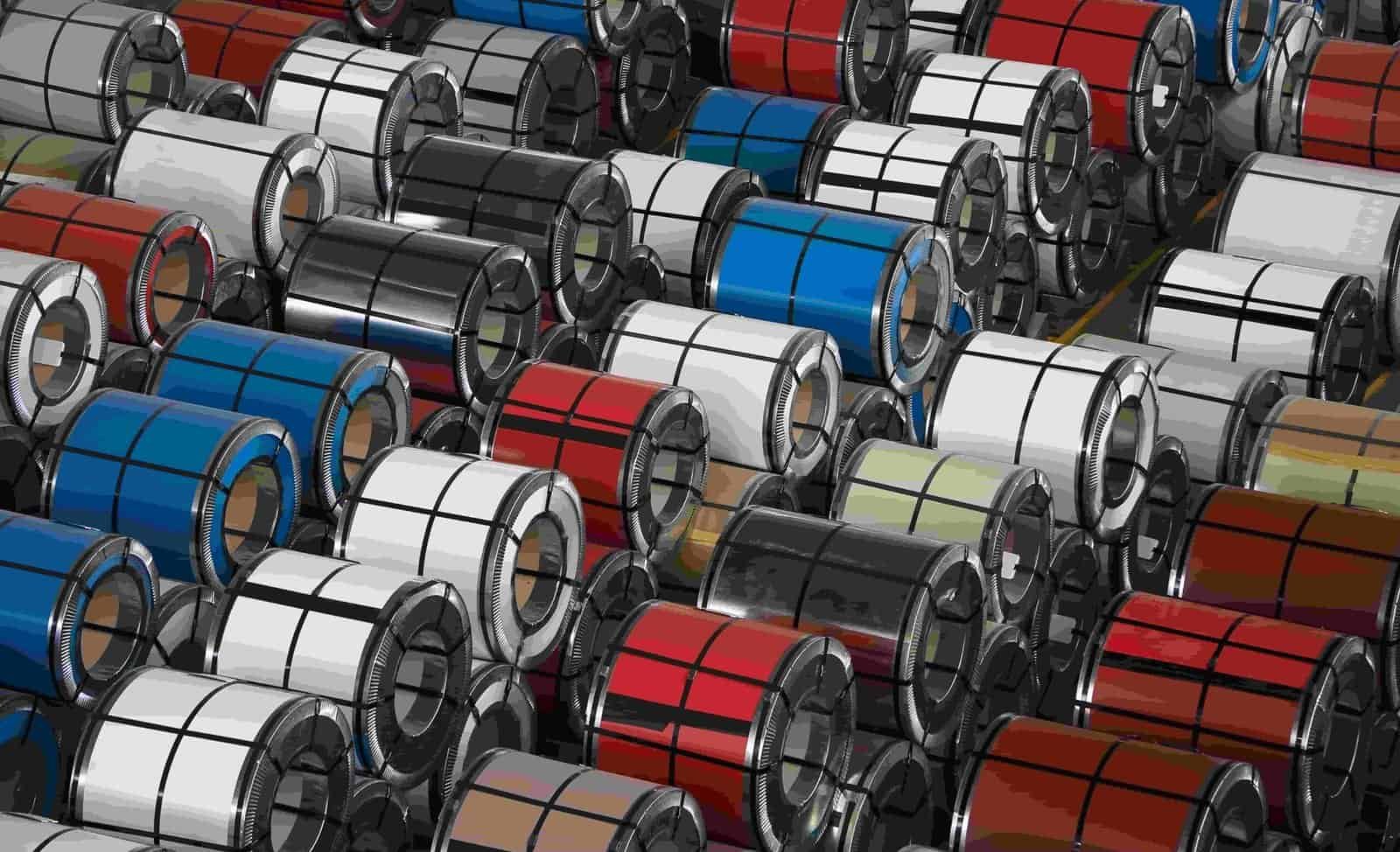
Will Zinc-Coated Steel Rust?
Sí, but at a much slower rate than bare steel. Over time, zinc wears away due to environmental exposure. The rate depends on factors such as coating thickness, environmental aggressiveness, and mechanical wear.
In mild, inland climates, the zinc layer can protect steel for decades without visible rust. In marine or industrial areas, the layer might thin more quickly, revealing steel underneath.
Preventive measures include:
- Periodic inspections for scratches, papas fritas, or exposed areas.
- Repainting or sealing damaged spots.
- Using thicker coatings for high-risk applications.
If maintained properly, zinc coated steel coil can serve reliably for 20–50 years.
How Long Does Zinc Coated Steel Last?
The lifespan of a zinc coil depends on several factors:
- Coating thickness—measured in grams per square meter (GSM). A 275 GSM coating generally lasts longer than a 120 GSM coating in the same environment.
- Environmental conditions—urban pollution, industrial emissions, and salt air shorten service life.
- Maintenance practices—Routine cleaning and inspection slow down degradation.
Por ejemplo, hot-dip galvanized steel with 275 GSM coating can last up to 50 years in rural areas, around 25 years in coastal zones, and 15–20 years in highly industrial areas. Choosing the right specification is critical to achieving the desired lifespan.
What Are the Cons of Zinc Coating?
Zinc coating offers many advantages, Pero no es perfecto:
High-temperature limitations—At temperatures above 200°C, zinc coating may lose adhesion or change properties.
Wear over time—In abrasive environments, the coating can thin faster.
Cost—It is more expensive than bare steel, though it often saves on long-term maintenance costs.
For applications requiring extreme heat or chemical resistance, stainless steel might be a better choice. You may also consider hybrid solutions, such as can you zinc coat stainless steel, to combine the strengths of both materials.
Is Zinc Coated Better than Stainless Steel?
It depends on your priorities. Zinc coated steel coil offers good corrosion resistance at a much lower cost than acero inoxidable. It is also easier to weld, paint, and form.
Stainless steel, por otro lado, offers superior durability, resists higher temperatures, and requires minimal maintenance. Sin embargo, it is significantly more expensive, often 3–5 times the cost of zinc coated steel.
If budget and adequate corrosion resistance are your main goals, zinc coated steel is an excellent choice. For marine-grade applications or food processing equipment, stainless steel may be worth the higher investment.
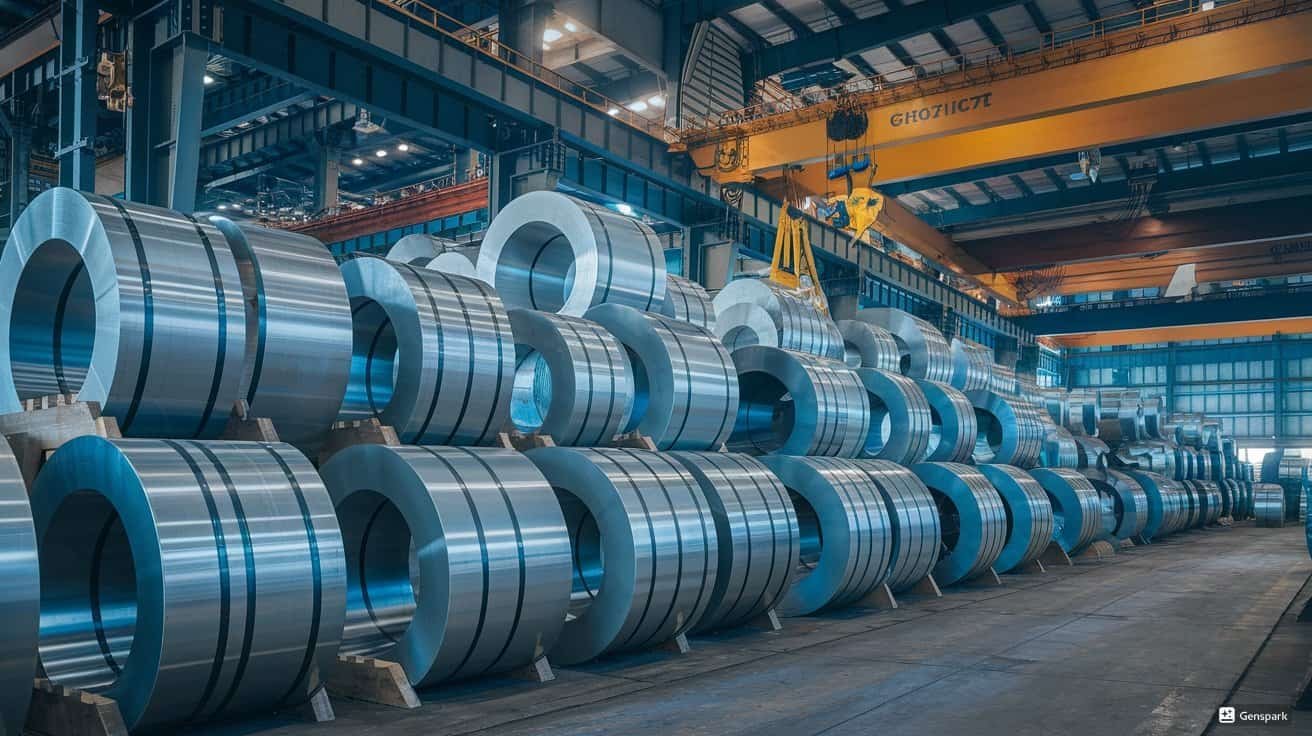
How to Identify the Best Zinc Coated Steel Coil?
To ensure you’re buying the best zinc coated steel coil, consider:
- Coating uniformity—Look for even coverage without bare spots or excessive buildup.
- Adhesion quality—Coating should not peel or flake under bending or impact tests.
- Certifications—ASTM A653, ISO 3575, or equivalent standards provide assurance of quality.
Request mill test certificates and check packaging. Coils should be strapped securely and protected from moisture during shipping to prevent white rust before arrival.
What Factors Affect Zinc Coated Steel Coil Price?
Several factors influence price:
- Zinc coating weight—Higher GSM increases zinc usage and cost.
- Steel grade—Higher-strength grades cost more.
- Global zinc market prices—Volatile commodity markets can shift pricing quickly.
Additional influences include freight charges, currency fluctuations, and supplier location. For smaller-scale needs, the best zinc plating kit can be a cost-effective way to add zinc protection in-house.
How to Ensure On-Time Delivery from Overseas Suppliers?
On-time delivery is critical to meeting project deadlines. Delays can lead to financial losses, especially if tied to seasonal demand.
Choose proveedores who:
- Provide realistic production schedules.
- Offer penalties for late deliveries in contracts.
- Maintain in-house logistics teams and real-time shipment tracking.
Reputable exporters of zinc coated steel coil will also prepare contingency plans for port congestion or customs delays, ensuring smoother transactions.
Resumen
Choosing the best zinc coated steel coil means balancing quality, costo, and logistics—ensuring strong performance, reduced maintenance, and long-term value for your projects.


